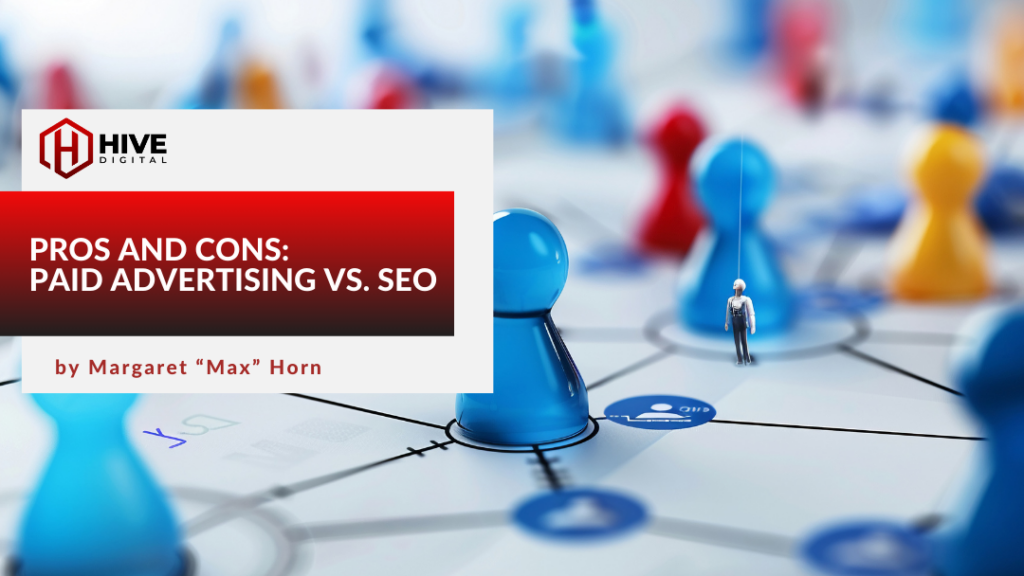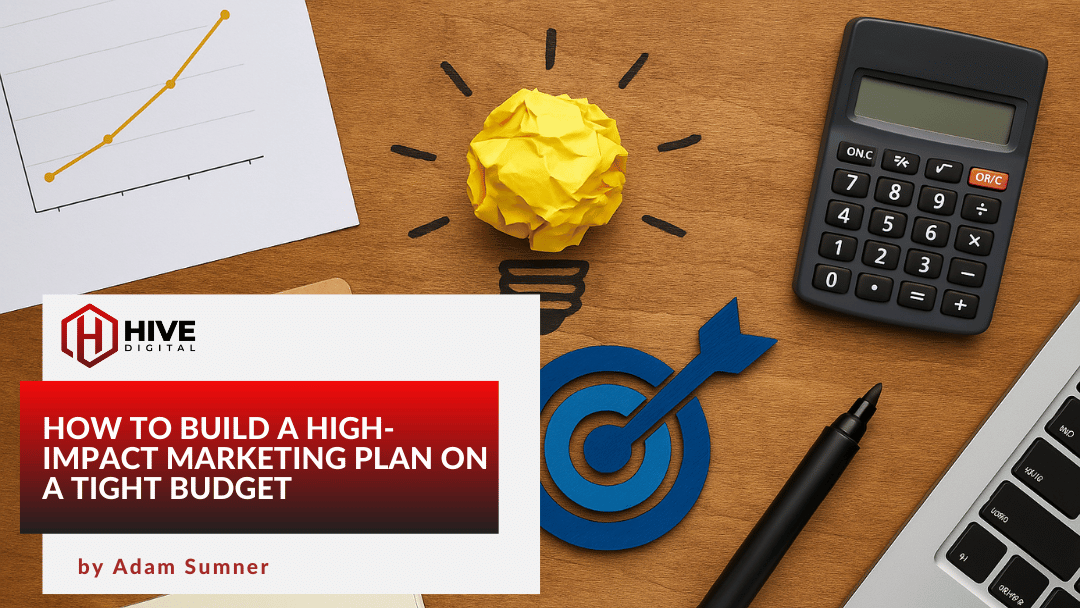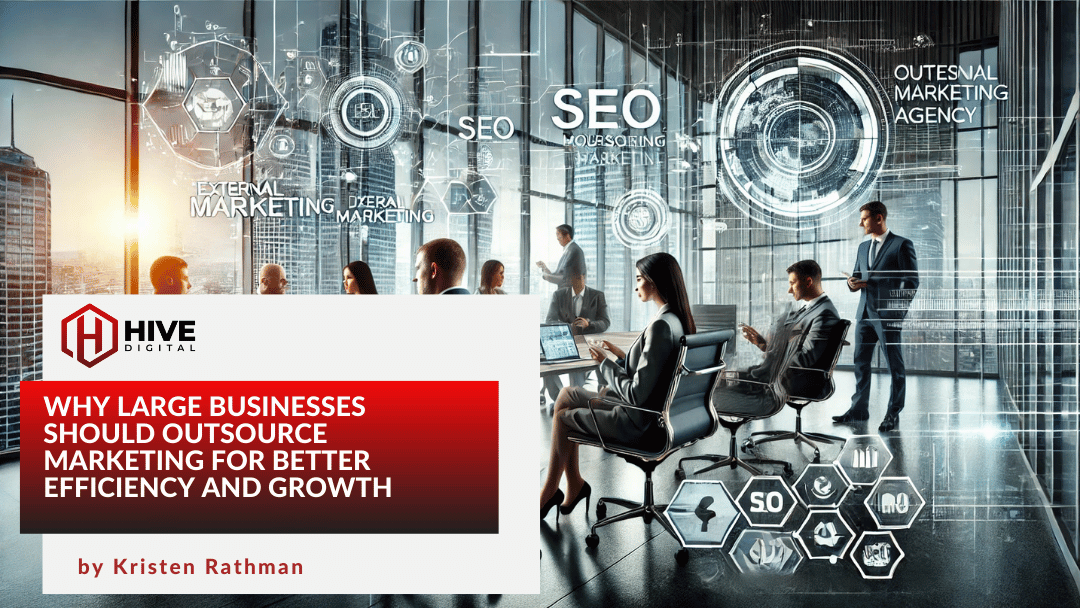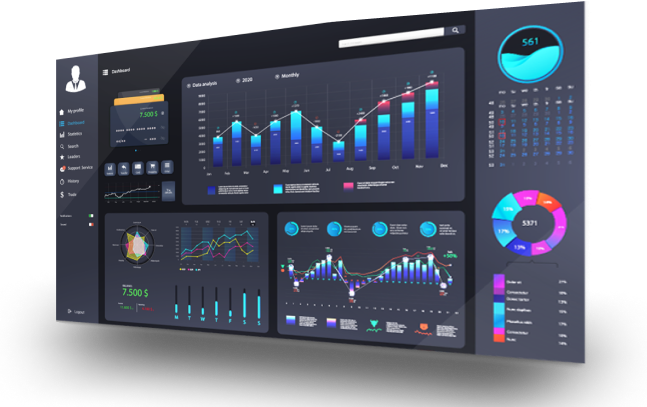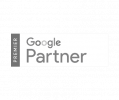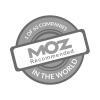One of the most common questions businesses ask when building their digital marketing strategy is whether paid search ads will cannibalize their organic search clicks. The short answer: it depends. The impact of paid search on organic clicks varies depending on several factors, including your industry, competition, and the specific keywords you’re targeting. In reality, a well-planned marketing mix should include both paid and organic strategies. Let’s break down the pros and cons of each, and understand how they can complement one another to form a cohesive digital marketing approach.
Pros of Paid Search Ads
- Immediate Results
Paid search ads are a fantastic option for businesses looking for instant visibility. Once you launch a campaign, your ads can show up immediately in search results, capturing the attention of users who are actively searching for products or services like yours. This is especially useful if you’re trying to drive quick traffic for a new product, limited-time offer, or special event. - Strategic Targeting and Audience Customizations
Google Ads allows you to target your audience with extreme precision. You can select demographics, interests, and even past user behavior to make sure your ads reach the right people. Additionally, you have control over which keywords trigger your ads, and you can create custom ad copy that speaks directly to different segments of your audience. This level of granularity isn’t available with organic search. - Specific and Measurable KPIs
Paid search ads provide clear, measurable results. You can track conversions, clicks, impressions, and even the return on ad spend (ROAS) for each campaign. Unlike organic search, which can be more difficult to quantify, paid ads offer hard data that marketers can use to optimize their strategies.
Cons of Paid Search Ads
- Requires Investment
One of the biggest downsides of paid search is the cost. Depending on your industry and competition, the cost-per-click (CPC) for high-value keywords can quickly escalate. Some businesses may find that the cost outweighs the benefits, especially if they’re in a competitive market. This makes it essential to carefully manage your budget and campaign settings to avoid overspending. - Strategic, Not DIY-Friendly
Managing paid search campaigns effectively requires a lot of knowledge and expertise. From keyword research and bidding strategies to audience targeting and ad copy optimization, there are many elements to juggle. While Google Ads does provide helpful tools and automation options, it’s usually not advisable to DIY unless you have experience in digital marketing. Many businesses choose to hire professionals to manage their paid search campaigns to maximize results.
Pros of Organic Search (SEO)
- Cost-Effective in the Long Run
Organic search offers long-term benefits, especially if you consistently publish high-quality content. According to research, 73% of marketers and business owners spend over $1,000 per month on content marketing. While this may sound like a significant investment, it’s generally lower than the ongoing costs of paid ads. Once your content is live and optimized for SEO, it can continue to attract traffic for months or even years. - Dominant Search Engine Market Share
As of January 2024, Google’s desktop search engine market share was 81.95%, meaning that ranking well organically on Google can put your brand in front of a massive audience. Additionally, companies that maintain a blog receive 57% more visitors, generate 67% more leads, earn 97% more inbound links, and have 434% more indexed pages than those that don’t.
Cons of Organic Search
- Takes Time
One of the biggest drawbacks of organic search is that it requires patience. Only 19% of new pages rank in the top 10 positions within a year. On average, pages that rank in the top 10 are over two years old, meaning that it can take a while to see results. This is why SEO is often seen as a long-term investment rather than a quick fix. - Less Control Over Visibility
Unlike paid search, where you can guarantee that your ad will appear for a given keyword, organic search rankings are more unpredictable. Google’s algorithm is complex and ever-changing, and there’s no surefire way to guarantee that your content will rank for your desired keywords. SEO is a continuous effort, requiring regular updates and improvements to stay competitive.
Do Paid Ads Complement or Cannibalize Organic Search?
There’s a widespread misconception that running paid ads will automatically reduce your organic search clicks. However, in many cases, paid search can actually complement your organic efforts. For instance, if your organic content is ranking for highly competitive keywords, a well-placed paid ad can give you extra visibility, helping you dominate the search engine results page (SERP).
Additionally, 75% of people say search ads make it easier to find what they’re looking for, which means users often appreciate seeing paid ads alongside organic results. Moreover, paid search gives you the advantage of appearing exactly when and where you want, with custom, tested messages that organic results can’t offer.
Ultimately, the key is balance. Using both strategies allows you to maximize your brand’s presence across all levels of the search funnel, targeting customers at different stages of the buying process. While paid search offers immediate results and precise targeting, organic search builds long-term authority and trust. Together, they form a powerful combination.

